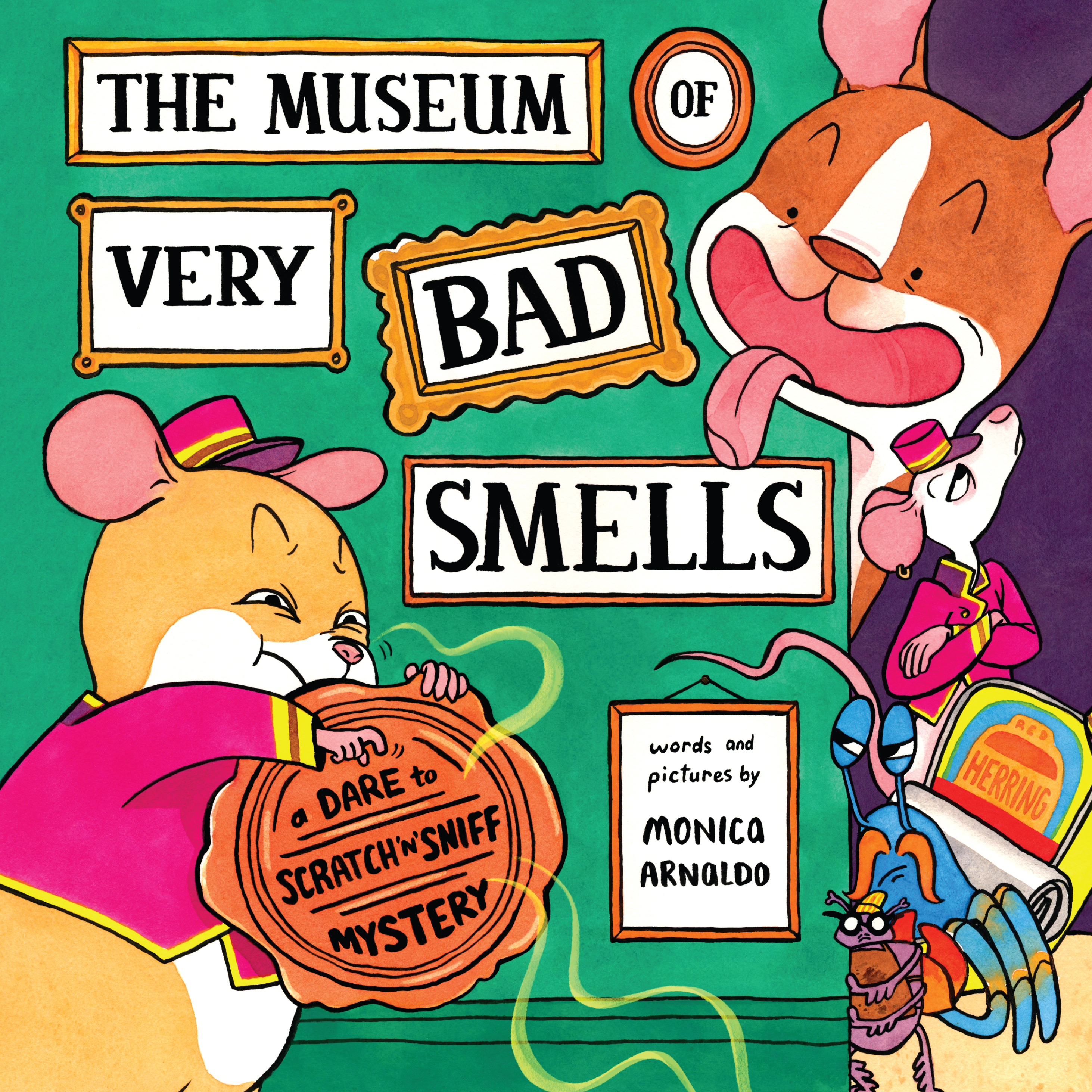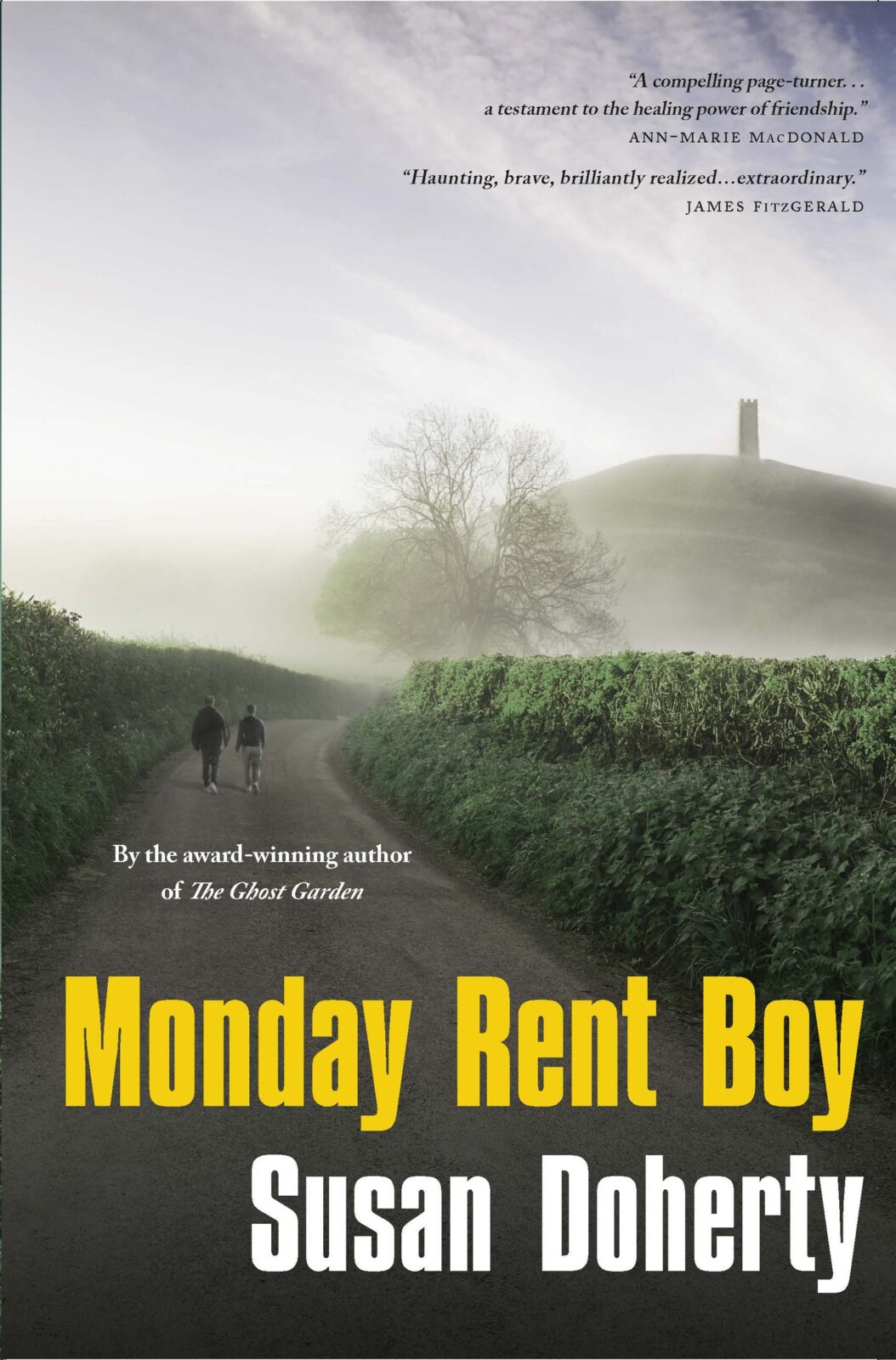Garcia’s Heart
Liam Durcan
McClelland & Stewart
$32.99
cloth
378pp
978-7710-2940-0
The novel focuses on neurologist Patrick Lazerenko, a man at a metaphysical crossroads in his life. He has come to The Hague to watch his former mentor and old friend, Honduran doctor Hernan Garcia, stand trial for assisting in the torture of leftists in his native country. Although Patrick’s research in brain imaging could possibly absolve Hernan, he’s reluctant to involve himself in the tribunal – his reasons for being there are as much a mystery to him as the circumstances behind the alleged crimes. Hernan’s refusal to speak with anyone only further clouds the situation.
The tribunal itself serves mostly as backdrop, the final verdict minor in the story’s grander scheme. For a better part of the novel, the narrative recounts Patrick’s memories of Hernan, first as a dépanneur owner in Montreal, and later as the ex-doctor illegally diagnosing patients in the back room of his store. Ultimately, the startling incongruence between the testimony of witnesses and Patrick’s recollection of a good man and surrogate father preoccupies him more than the question of Hernan’s innocence. With much of his present life borne out of his friendship with the old doctor, Patrick’s own history – a Bildungsroman-like rise from delinquency – might not be as authentic as he once thought.
At one point, someone asks Patrick if true guilt is possible, the premise being that as long as the brain is governed by physiological states, free will can’t exist. It’s just one of the philosophical conundrums with which he must wrestle, and Garcia’s Heart makes sure readers have ringside seats. A lauded short story writer and a neurologist himself, Durcan has written a novel that, despite its heady material, remains lucid and subtle. The shrewd pacing keeps the sombre subject from feeling turgid, and a restrained tone provides an appealing candour to the material. Remarkably, some of the scenes take a slight comic turn, dispelling the gloom that readers might expect in a book centered on a war criminal.
But it’s Durcan’s ability to turn a seemingly ordinary situation into a conflict of brain processes that lends the novel its particular viewpoint on fate. There’s one scene where Patrick encounters the Garcia family for the first time in years. It’s akin to the prodigal son coming home only to find the house barren or on fire; and Durcan writes it as a taut sequence of visual cues. The effect is claustrophobic, detached as it is from the actual situation, and it hints at one of the underlying notions behind the story: that what hides on the periphery affects us more than we might want to believe.
There are flaws, of course – some of the flashbacks aren’t dramatized enough, and the right-wing advocacy group supporting Hernan seems caricatured – but that is nit-picking. With Garcia’s Heart, Durcan has crafted an entertaining and convincing portrayal of a man awkwardly perched atop a precipice of identities and histories on the verge of collapse. mRb






0 Comments